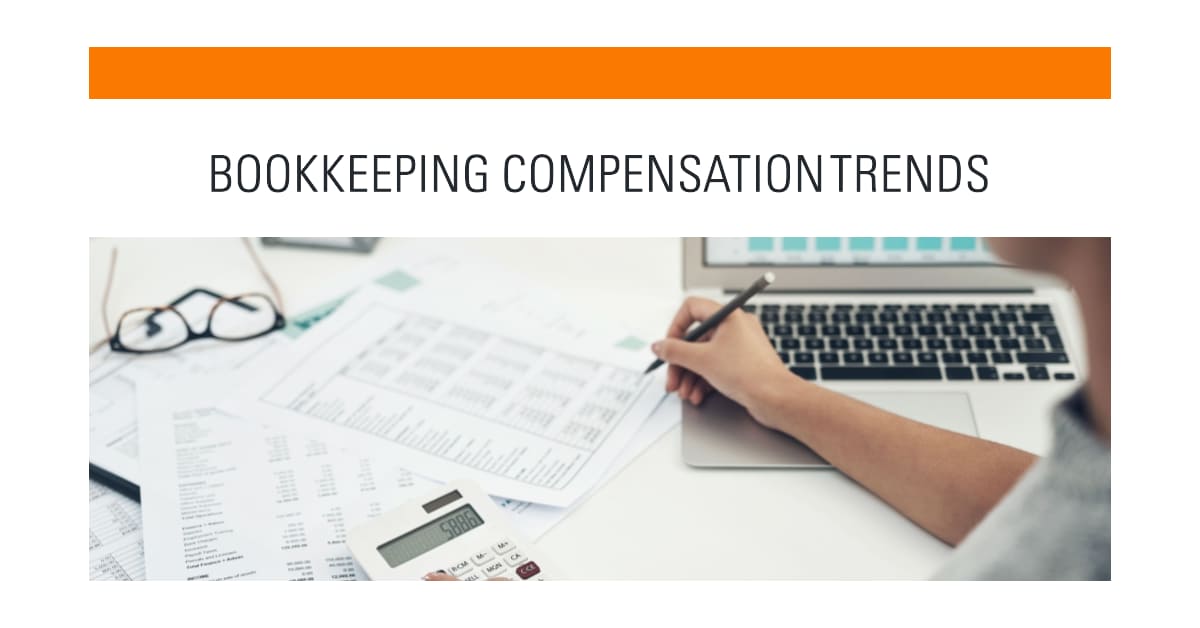Introduction:
Bookkeeping plays a crucial role in maintaining the financial records and transactions of businesses, making it an integral part of every organization. If you’re considering a career in bookkeeping or are already working in the field, understanding bookkeeping wages is essential. In this article, we will delve into the factors that influence bookkeeping wages, current trends in compensation, and provide insights to help you navigate this aspect of your professional journey.
Factors Influencing Bookkeeping Wages:
Experience and Expertise:
Experience is a significant factor in determining bookkeeping wages. As you gain more years of experience and develop expertise in handling complex financial tasks, your value as a bookkeeper increases. Employers often offer higher wages to individuals with a proven track record of accuracy, attention to detail, and in-depth knowledge of accounting principles and software.
Educational Background and Certification:
Having relevant educational qualifications, such as a degree in accounting or finance, can positively impact bookkeeping wages. Additionally, obtaining certifications like Certified Public Bookkeeper (CPB) or QuickBooks ProAdvisor can demonstrate your competence and potentially lead to higher earning potential.
Geographic Location:
The location of your work also plays a role in determining bookkeeping wages. Metropolitan areas and regions with a high cost of living often offer higher compensation to attract and retain skilled bookkeepers. However, it’s important to consider the local job market, as wages can vary significantly from one location to another.
Industry and Company Size:
The industry in which you work and the size of the company can influence bookkeeping wages. Industries that deal with complex financial transactions, such as finance, healthcare, or legal services, often offer higher compensation. Similarly, larger organizations may have greater financial resources and budget allocations for bookkeeping, leading to potentially higher wages.
Current Trends in Bookkeeping Compensation:

Increasing Demand for Remote Bookkeepers:
With the rise of remote work and advancements in technology, the demand for remote bookkeepers has surged. Many businesses now seek bookkeepers who can provide their services from anywhere, resulting in increased opportunities and competitive compensation packages for remote bookkeeping positions.
Value of Specialized Skills:
Bookkeepers with specialized skills, such as expertise in specific accounting software or knowledge of industry-specific regulations, often command higher wages. Employers recognize the value of specialized knowledge and are willing to offer competitive compensation to those who possess such skills.
Outsourcing and Freelancing:
The outsourcing and freelance market for bookkeepers has expanded in recent years. Small businesses and startups often outsource their bookkeeping needs to independent contractors or freelance bookkeepers. While this can offer flexibility and autonomy, it’s important to note that freelance rates may vary based on market demand, experience, and geographic location.
Market Competition and Supply-Demand Dynamics:
The bookkeeping job market is subject to supply and demand dynamics. Areas with a higher concentration of bookkeepers may experience greater competition, potentially leading to moderate wage levels. On the other hand, regions with a shortage of skilled bookkeepers may offer higher wages to attract talent.
Tips for Maximizing Bookkeeping Wage:

Continuous Learning and Professional Development:
Invest in your professional development by staying updated with industry trends, attending training programs, and acquiring relevant certifications. This not only enhances your skills but also positions you for better-paying opportunities.
Expand Your Skill Set:
Broaden your skill set by learning additional accounting software, mastering advanced Excel functions, or gaining knowledge in specialized areas such as tax preparation or payroll management. By offering a diverse range of skills, you can differentiate yourself and potentially negotiate higher wages.
Networking and Building Connections:
Network with other professionals in the accounting and finance industry, attend industry events, and join relevant associations. Building connections can lead to valuable referrals and job opportunities that may offer better compensation.
Negotiation Skills:
When considering a new job or discussing salary with your current employer, develop effective negotiation skills. Research market rates, highlight your achievements and contributions, and confidently communicate your value as a bookkeeper to negotiate a fair and competitive wage.
Conclusion:
Bookkeeping wages are influenced by various factors such as experience, education, location, industry, and market dynamics. By understanding these factors, staying updated with industry trends, and continuously investing in your professional growth, you can position yourself for better-paying bookkeeping opportunities. Keep abreast of the evolving demands of the industry, hone your skills, and confidently navigate the bookkeeping wage landscape to achieve financial success and professional satisfaction in your career.



